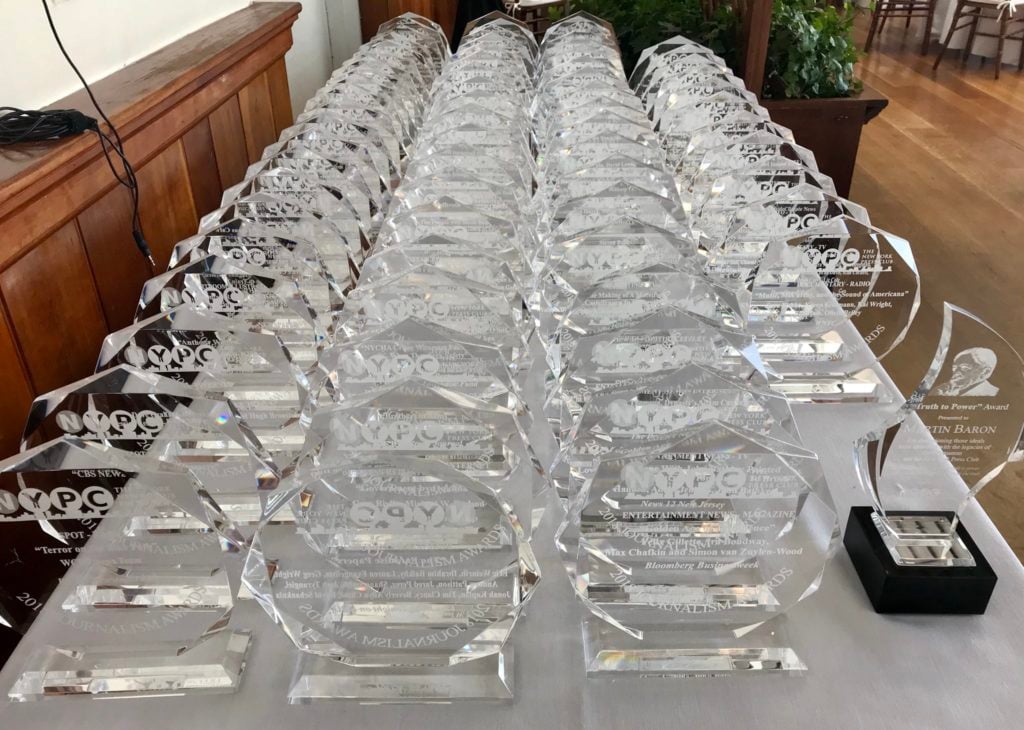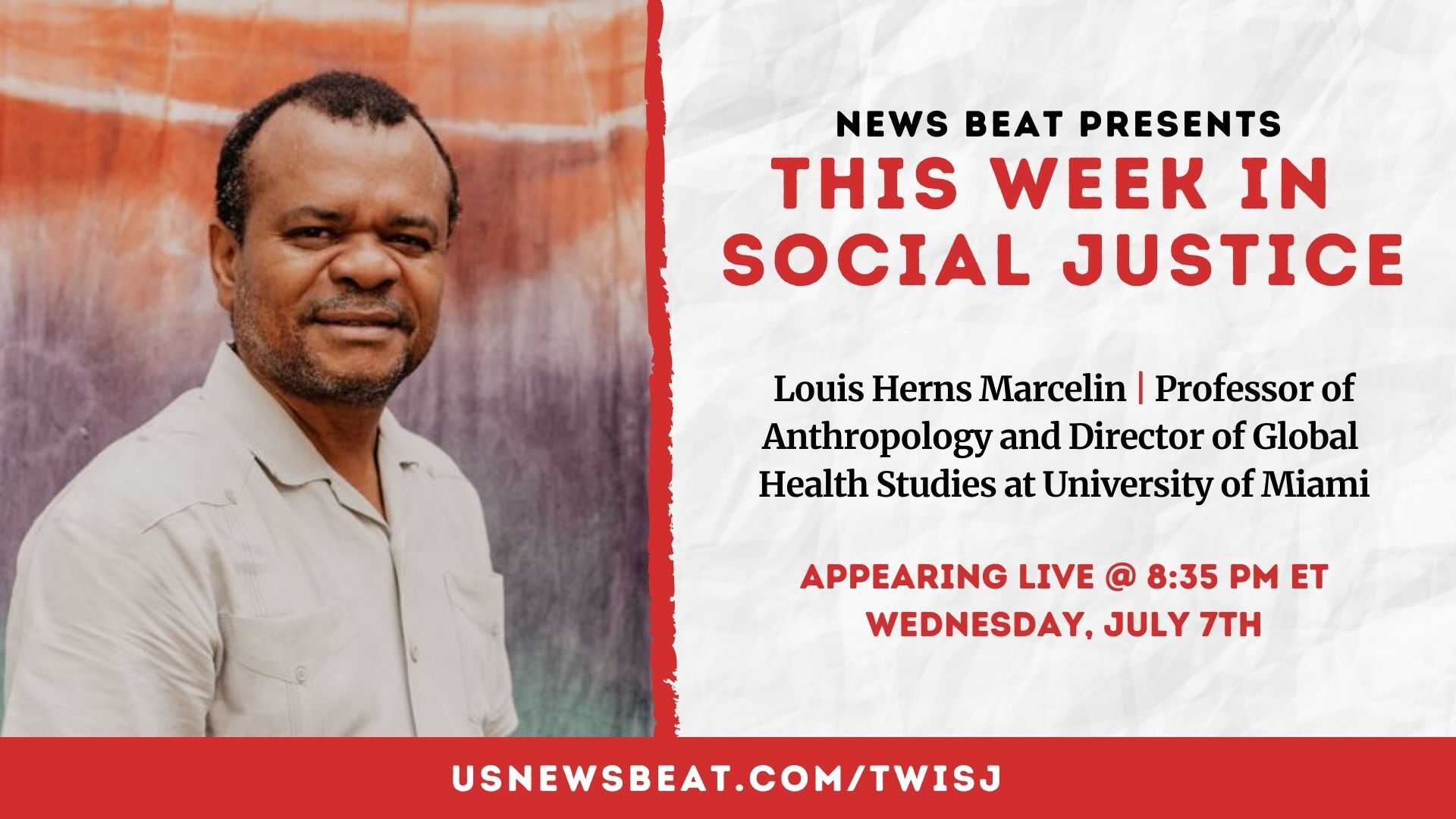This is a segment from our June 16, 2021 edition of This Week In Social Justice. Watch the full stream here.
Nearly half the states in the nation have introduced legislation this year that would block educators from teaching about institutional racism and oppression amid backlash over an esoteric academic concept with little relevance to public education in America.
These laws, which have passed in a handful of states, are part of an effort to weaponize Critical Race Theory (CRT), a mostly unheard of academic idea that emerged decades ago. CRT argues that American institutions are rooted in racism.
By limiting the discussion of the perniciousness of racism, educators are worried about a possible chilling effect given the vague language in many of these bills—including the barring of so-called “divisive concepts.”
Last week, a coalition of education groups dismissed such legislative efforts as a way to “suppress teaching and learning about the role of racism in the history of the United States.”
In a statement signed by 110 organizations, the coalition laments efforts to sanitize education, arguing that doing so jeopardizes the futures of the children these bills are purportedly trying to protect.
“Educators must provide an accurate view of the past in order to better prepare students for community participation and robust civic engagement,” the statement says. “Suppressing or watering down discussion of ‘divisive concepts’ in educational institutions deprives students of opportunities to discuss and foster solutions to social division and injustice.”
“Politicians in a democratic society should not manipulate public school curricula to advance partisan or ideological aims,” the statement adds. “In higher education, under principles of academic freedom that have been widely endorsed, professors are entitled to freedom in the classroom in discussing their subject. Educators, not politicians, should make decisions about teaching and learning.”
On this episode of This Week In Social Justice, presented by News Beat, the guys talk to Ursula Wolfe-Rocca, a social studies teacher and editor of Rethinking Schools, a nonprofit media and advocacy organization. Wolfe-Rocca examines the roots of the CRT backlash and talks about ways in which educators have long relied on external resources, along with approved textbooks, to provide students with a more rounded understanding of history.
The episode also features a discussion about the war on press freedoms, the release of whistleblower Reality Winner, who was hit with the most punitive sentence of any leaker in history, the horrific residential school systems in Canada, the Poor People’s Campaign protest outside Sen. Joe Manchin’s office in West Virginia and more. This Week In Social Justice streams every Wednesday at 8 p.m. EST on Facebook, YouTube and Twitch.
Here’s our interview with Ursula Wolfe-Rocca, which has been edited for clarity:
News Beat: Describe the uproar over Critical Race Theory.
Ursula Wolfe-Rocca: “The laws themselves, kind of use different terminology. Some of them refer to critical race theory. Some of them have this term 'divisive concepts.' Some of them specifically mentioned The New York Times' 1619 project. But you know, they all amount to the same thing, which is an attempt to stop educators from teaching the truth about the past and the present. And why they're interested in doing that is a profoundly interesting question.”
NB: As an educator yourself, how do you navigate teaching US history in the classroom?
UWR: “Well, you know, the idea of trying to teach US history, without teaching the concept of structural or systemic racism, which is the language that's included in many of these laws, they ban and prohibit teachers from teaching that the United States is a systemically racist nation. The idea of trying to teach US history, absent of that concept, is to lie to students. I mean, this is not some sort of PR-driven phrase, when we talk about these laws forcing us to lie to students. This is simply fact. Right? We are being told that we can't teach that the United States Constitution by encoding protections for enslavers created a systemically racist system, and to not be able to teach that is to lie to children.”
NB: Some history textbooks are already problematic in their depiction of US history. What other resources do you use to teach students?
UWR: “Our motto at the Zen Education Project, which is a project of Rethinking Schools, is to teach outside the textbook. So, you know, sometimes the right creates strange bedfellows, today I was just reading a proposed statute in Florida that is calling for the banning of a textbook, which is normally the target of my critique, but even the textbooks are too radical for these right wing legislators, which really tells you something. Our goal is to get teachers to be teaching outside the textbook to be teaching a history that focuses on folks who tend to be marginalized in the textbook, and also grassroots efforts to make the world a better place. Both those that have been successful and those that haven't. And getting back to your first question, it's like, what is driving these attacks? You know, I think there's something there. I think that when students learn a complete version of US history, they get explanations about why the world is the way it is. And they also get models for how to transform it. And if you're a protector of the status quo, that is something you want to keep out of the, you know, hands, hearts and minds of young people.”
NB: I surreptitiously snuck into a Clubhouse room. That was a civil discourse between both sides, you know, people from both sides of this topic. I found it interesting.. But this was actually somewhat civil in that the anti-Critical Race Theory, proponents were civil and calm and nice, and seemed like they were pleasant folk who had just very simple, you know, concerns to play sort of a devil's advocate. They would say that things like, this isn't about not teaching Black history or American history in the context of Black Americans and, and other things. It's more about the indoctrination, it's more about, you know, these other, you know, angles that they seem to be concerned about. How wrong is that? And how dangerous is it? Saying it's so nicely, like, as if, you know, of course, nobody wants to be indoctrinated. But that's not really what you hear.
UWR: “I'm not interested in demonizing anyone, except for the people who are designing these bills with real intentionality. And with, I think, very clear goals. But I do think that, for example, critical race theory, is a term that's being thrown around, and it is being thrown around precisely to confuse and fear monger and make people believe that somehow the goal of educators in classrooms across the United States is to indoctrinate children. The term is unfamiliar enough that it can conveniently serve whatever purpose the right wants it to serve at a particular moment. It's a catch all for pretty much anything. And so what I am asking and what I'm asking the press, and what my organizations are asking the press, is to stop parroting right wing talking points, and ask teachers what they are actually teaching in their classrooms, and why they're teaching what they're teaching in their classrooms. Because no teacher is going to talk to you, using the phrase critical race theory, they may apply the insights when they're talking about school desegregation, or voter suppression, but no one's going to use that terminology. They're going to be talking about, 'we want our students to understand democratic principles and the right to transform one's own society and nation and country.' We're not going to be talking about Critical Race Theory.”
NB: What can parents do if they’re concerned with the limitations being put on teachings about institutional racism and other important subjects?
UWR: “Yeah, that's a great question that I do not have a quick pithy answer to. But I will say that education is very much like our voting rules in the United States, it is a patchwork. And so in some states, you have a very, very strong Board of Education, like Florida just banned CRT at the state level. And then in many places, you have much more sort of local control. And so I do think advocating in your local school community is probably the number one thing I would say it's important to do. I just want to add, though, that I think, you know, we have been asking folks to take a pledge to teach the truth at the Zinn Education Project. And that's a pledge we are asking every person to take, not just educators, not just parents, but we all have a role in education, in educating each other, in educating the young people in our lives, in educating our families and our communities.”
NB: The right is arguing that anti-racist teachings are divisve and will harm students. From your experience, do students gain empathy by learning about impacted or marginalized groups?
UWR: “Yeah. I mean, that is the most, to me, laughable claim that the right is making. They're saying that by teaching the truth, we are dividing people and that it's anti-American. And you know, our answer to that is 'no.' What's divisive? Racism is divisive. You know, what's divisive? The racist wealth gap is divisive. What's divisive? Voter suppression is divisive, denying millions of people their fundamental right to vote. So we absolutely think that what teaching the truth does is it first of all gives kids an accurate account of how we got here. And it inspires and empowers them to transform the society that they see around them that they have inherited, and that no one can deny is inadequate to the needs of the moment. And they deserve a history that's going to help them make a better world, not one that's going to lie to them.”



.jpg)





